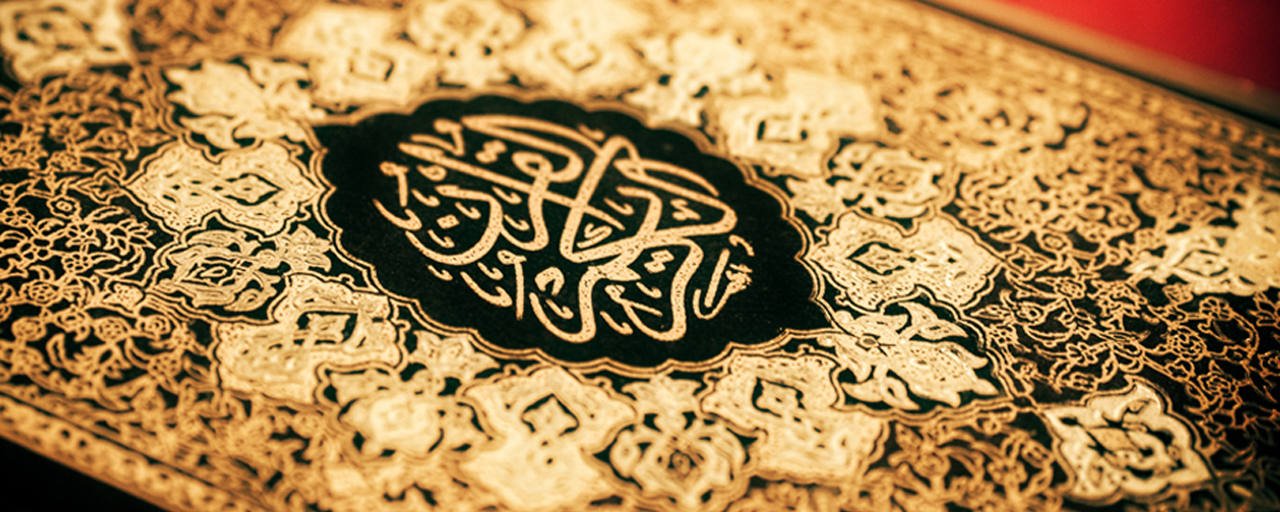Author: Have you Discover its Real Beauty

In Islam, the one true God (Allah) has created the entire creation. It is only this great God (Allah) who made all humans and animals, the earth and its mountains, oceans and rivers, plants and forests, the sun and the moon, galaxies and orbits, days and nights. All other objects, which we may or may not know, or which have not yet been discovered, are all aspects of His infinite creation.
Allah made all life on earth and the whole universe, including time, space, energy and matter. Allah Almighty also sustains the universe and everything in it and controls what happens in the universe and everything in it.
However, some people might refer their existence “by chance” merely to “nature”! Scientifically speaking let’s define what they are talking about: Nature! What is “nature”?
Don’t you agree with me that nature includes: plants and planets, orbits and galaxies, valleys and mountains, oceans and rivers, earth, sun, moon, stars and other objects. Have these things created themselves or created human beings?
The Glorious Quran beautifully tells us:
O mankind! Worship your Lord, who created you and those who came before you that you may become righteous. (2:21)
He (God) created the Heavens and the Earth for Truth. (39:5)
It is He who created the night and the day and the sun and the moon. (21:33)
Moreover, those who believe in nature argue that they do not believe God because they simply can’t see, touch, or conduct an experiment on Him!
(A real story to illustrate)
A couple of years ago, my neighbour in Oregon, USA visited me at my home, we talked about several things among which we discussed the concept of God, My neighbour, a very old man, denying the existence of God, emotionally knocked the tea table, saying; “I believe in this table since I can touch it…. I can feel it”
Reasoning with him, I pointed to lamp in the room and asked him; “Do you believe in the power of electricity?” He replied: “Sure”
I asked; “Can to you see the power or energy generating the light?” “No”, was his answer.
I further asked him these questions:
- Have you ever seen – with your bare eyes, the air we breathe?
- Do you have feelings? What are their colours, shapes and sizes?
- What is sleep? What is its colour or weight?
- So, how many things do we believe in without seeing them?
On another occasion, I met a young man called Chris and his wife at a hotel in Oslo, Norway. During a friendly discussion with them, I asked Chirs; “So, what is the purpose of life?” Getting surprised, he answered: “This is the first time I heard such a question.” He added, “I think there is no purpose of my life.” He concluded: “I do not believe in any god.” I asked Chris, “Why?” He answered, “I have not seen it yet.”
Commenting on his reply, I asked him (with a smile):
- Do you love your wife?
- Can you physically see this love?
- What is the colour of your love?
- How much does this love weight?
What was the reaction of Chris and his wife? Try to imagine it. Thus, not being able to tangibly see or measure this abstract love does not lead to denying the truth and existence of this love.
By the same analogy, if we can’t see God in this life because of our limited faculties and senses which can’t comprehend His greatness; this must not make us deny His existence.
God’s existence is clearly evident and easily traceable in unlimited signs and proofs manifested in the creation of numerous atoms, cells, tissues, muscles, everyone and everything created.
This is the truth in Islam. There is only One God, the Creator and Sustainer of the universe. We must not consider anyone or anything above or equal to Him. The one true God, Allah Almighty has created us to know and worship Him alone. Those who correctly worship Him and completely follow His commandments and His Prophet’s way of life, will be admitted to Paradise, eternal life.
On the other hand, those who disobey and follow their sinful lusts and desires will be taken to … where do you expect?